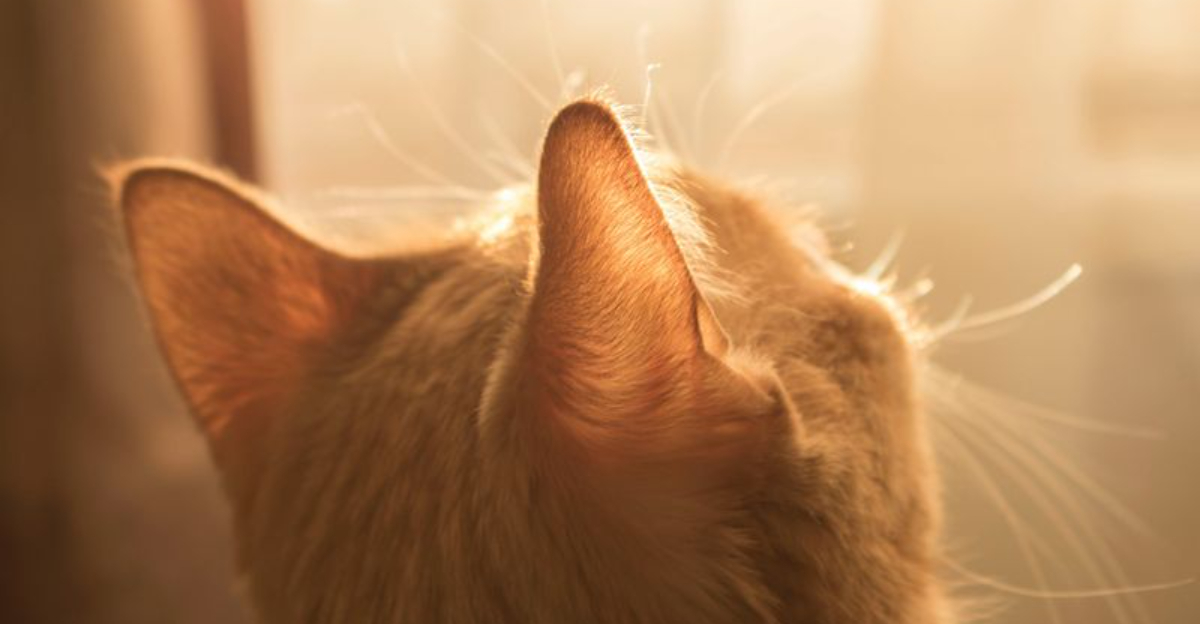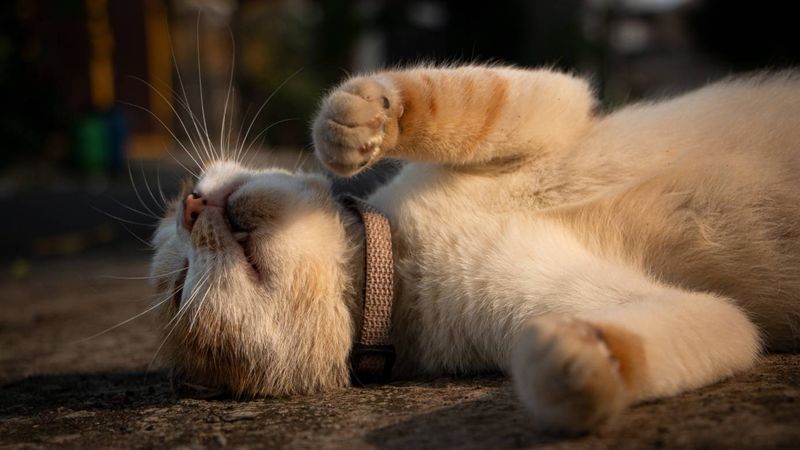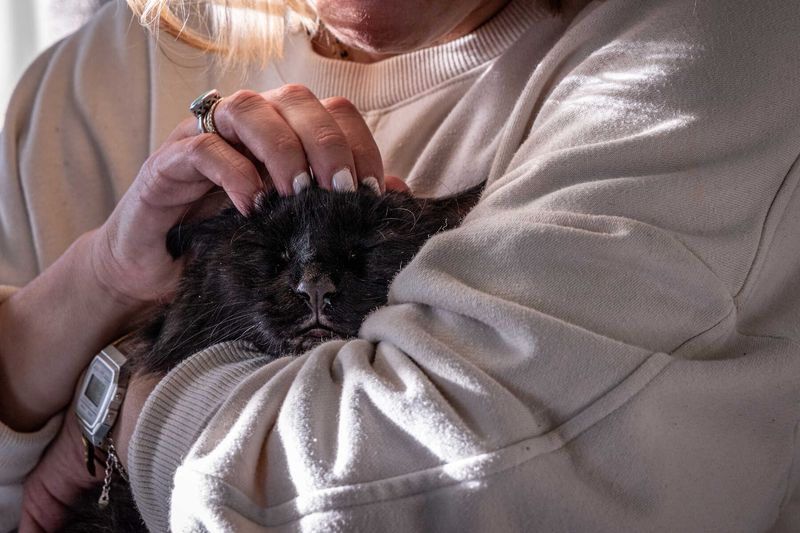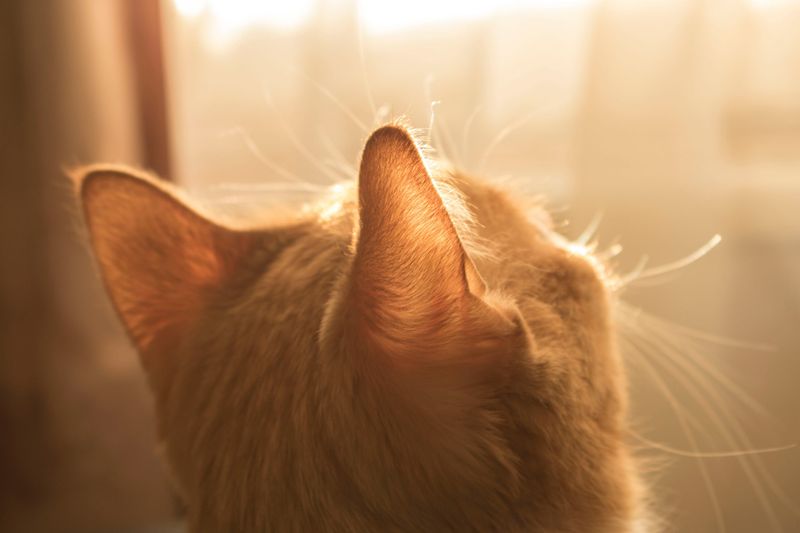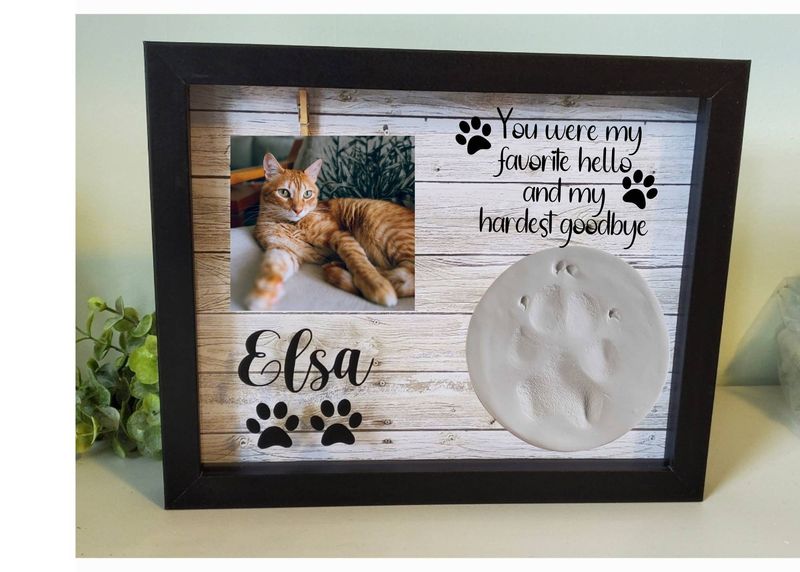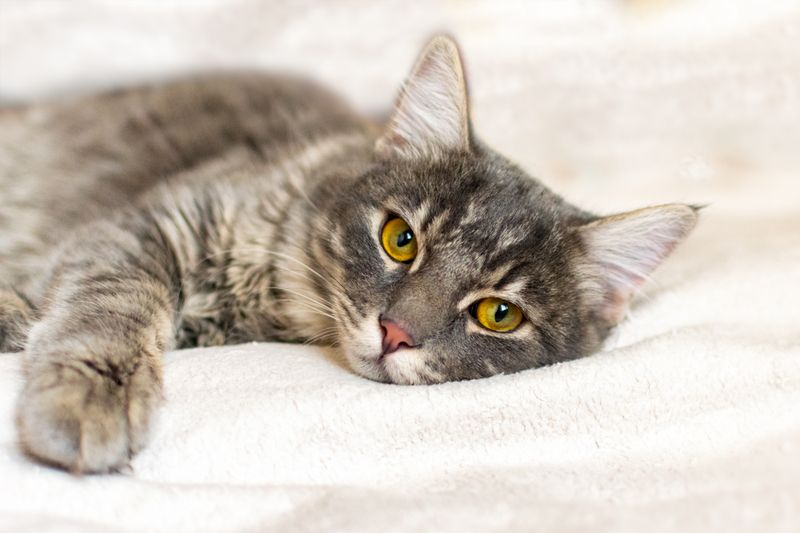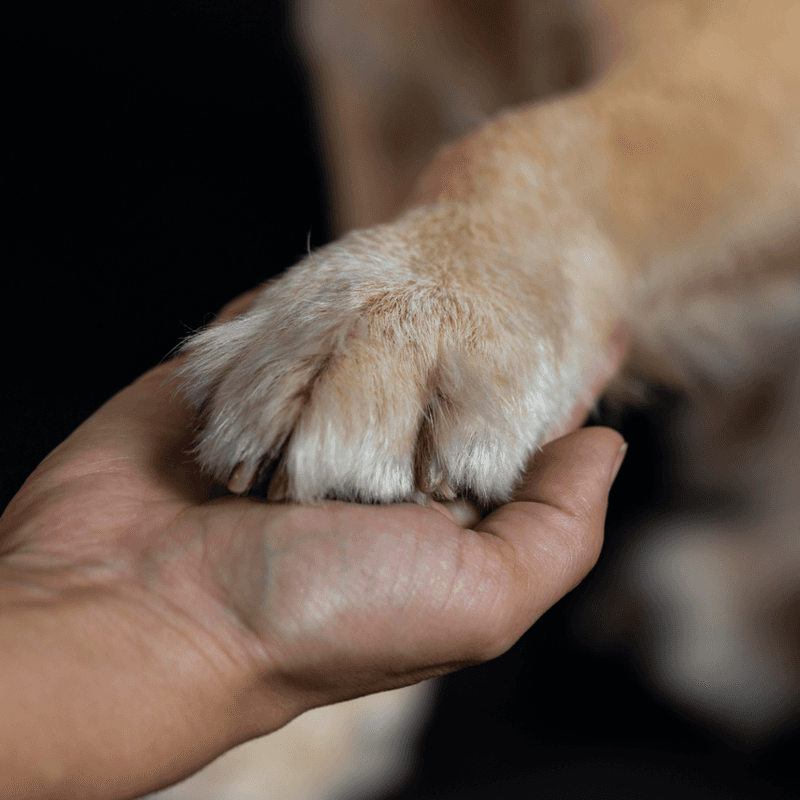📖 Table of Content:
Losing a beloved cat is a deeply emotional and overwhelming experience. The grief can be intense, as pets often become cherished members of the family. Along with the emotional toll, there are also practical considerations that must be addressed during this difficult time.
When a cat passes away at home, the immediate reaction may be a mixture of sorrow and confusion. It’s important to stay calm and focused on what needs to be done, both for your own well-being and out of respect for your pet. Handling these tasks with care can help provide a sense of closure and peace.
Understanding the steps to take after a cat’s passing can ease some of the stress and uncertainty. From knowing how to properly handle the body to making arrangements for burial or cremation, having a clear guide can bring comfort during this painful period. Below are 9 essential things to keep in mind when a cat passes away at home, helping to navigate the practical aspects of saying goodbye.
1. Acknowledge Your Grief
Losing a cat is like losing a family member. Allow yourself the space to grieve. It’s perfectly normal to feel a deep sense of loss. Remember, your emotions are valid. During this time, talk to friends or family who understand your relationship with your pet.
Sharing memories can be therapeutic. Consider creating a small memorial corner with photos or your cat’s favorite toy. This simple act can aid in healing, helping you process your emotions.
2. Handling of the Body
When your cat passes away, you’ll need to handle the body with care. Wrap your cat in a soft, clean blanket or towel. This respects your pet and allows for a dignified handling. Place the body in a cool, quiet area until you decide on the next steps.
Keeping it cool will slow decomposition. If you’re unsure about what to do next, contact a vet or pet aftercare service. They can offer guidance and support during this process.
3. Contact a Veterinarian
Reaching out to your veterinarian is an important step. They can provide advice on what to do next, including options for cremation or burial. The vet’s knowledge can be invaluable, offering peace of mind during this turbulent time. They might also help with any necessary paperwork.
If your cat was on any medication, you may need to dispose of it properly. The veterinarian can guide you through how best to manage these tasks efficiently.
4. Cremation Options
Cremation is a popular choice for many pet owners. It provides a way to keep your pet close, often in a decorative urn. You can choose between individual or communal cremation. Individual ensures you receive only your pet’s ashes.
Communal may be more economical but lacks this guarantee. Explore options with a trusted pet cremation service. They will explain the process, helping you make an informed decision. This step can be an important part of closure.
5. Home Burial Considerations
For many, burying a pet at home offers solace, especially if it’s in a place they loved. However, it’s important to first check the regulations in your area, as they can vary. Make sure the site is secure from animals and far from any water sources.
Use a sturdy, biodegradable container if possible. Mark the grave with something meaningful, like a plant or stone. This space becomes a place of remembrance, offering a peaceful spot to reflect on the joy your cat brought to your life.
6. Memorializing Your Cat
Creating a memorial can celebrate your cat’s life. Consider making a scrapbook or photo album capturing cherished moments. Writing a letter to your pet can also be healing. Share these memories with friends or family to keep the spirit alive.
Another option is planting a tree or bush in their honor. This living tribute grows over time, symbolizing the enduring love and joy they brought. These actions help maintain a connection with your beloved cat.
7. Seeking Support
Grief can be isolating, but support is available. Joining a pet loss support group might help. These groups offer a safe space to share feelings without judgment. Hearing others’ experiences can be comforting, knowing you’re not alone.
Online forums can also provide community and understanding. Professional pet grief counselors are available if you need more personalized guidance. Reaching out for help is a positive step towards healing and acceptance.
8. Explaining to Children
When explaining a pet’s death to children, honesty is key. Use age-appropriate language, being clear and gentle. Kids may have many questions, so be patient and open. Encourage them to express their feelings, reassuring them that all emotions are okay.
Creating a small ceremony or drawing pictures together can be a meaningful way to say goodbye. These actions honor your cat’s memory while helping children understand and cope with the loss.
9. Understanding Emotional Responses
The emotional effects of grief can range from deep sadness to moments of anger or unexpected relief. Recognizing that these responses are normal is key to healing. Allow yourself the space to feel whatever comes up and turn to activities that help you cope, such as walking, reading, or meditating.
Journaling can help articulate your emotions, providing clarity over time. Sometimes, simply acknowledging these feelings can be the first step towards healing. Embrace support from loved ones as you navigate this journey.
